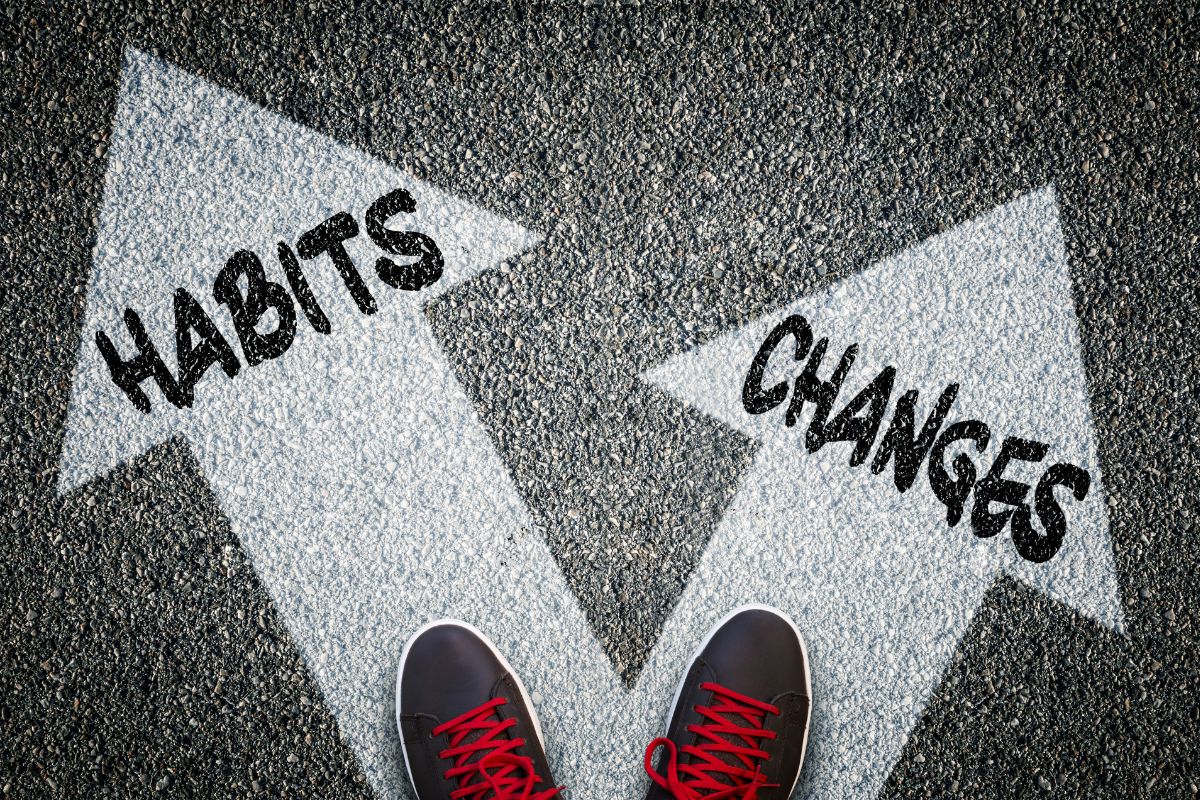We live in a world of dangers and uncertainties. While being safe may feel like a luxury you don’t need especially when looking for money or having fun, it’s a fundamental right. You contribute much to your safety through awareness, proactive measures, and empowered choices. The three help you form a safety code that guides your habits. Personal routines will determine your physical, mental, and data safety.
Simple Habits to Make Your Life Safer
Your actions determine your safety. Interactions with others online and offline will define their control over you. From busy city streets to online interactions and phone calls to quiet suburban neighborhoods, safeguarding yourself is paramount. But personal safety begins with you. Here are a few habits that will make your life safer.
1. Interaction Awareness
Relationships with other people are habitual regardless of whether you’ve engaged them previously or are doing so for the first time. Habitual interactions can be both beneficial and detrimental based on your approach. People you interact with can put you in danger willingly or unwillingly. Enhancing your interaction awareness of the people you engage with is vital. If a relationship or engagement with someone risks your physical or mental well-being, it’s not worth it.
2. Mind Your Phone Communication
While mobile phones are some of the most progressive devices one must have, a lack of caution is dangerous. Criminals have devised several ways to rip you off money or steal your data using mobile phones. For example, some will clone your phone, allowing them to read messages sent to you and listen to your calls. Others will make phishing calls or messages intended to con you.
You can avoid falling for such tricks in several ways. First, make it a habit not to share your phone handset with everyone. Secondly, check the identity of your caller or people sending you messages. You can do this by keying in the unknown caller’s number or email on Nuwber and hitting the search button. That gives you the identity of the caller within seconds. Knowing a caller helps you decide which calls to accept or ignore.
3. Set Boundaries
Developing a habit of establishing limits with other people can keep you safe. Setting boundaries protects you from manipulation and abuse. Clearly stating your limits defines what you will and will not tolerate, making it hard to get manipulated or exploited. Again, it reduces stress and anxiety. Boundaries help foster healthy relationships and communicate your expectations and needs to others.
Again, having limits safeguards your emotional and physical health. It’s through boundaries you limit access to personal time, space, and emotional energy. That helps you avoid exhaustion, burnout, and unhappiness.
4. Limit Exposure on Social Media Platforms
Social media has revolutionized our interactions. But this comes with a high risk if you’re not careful. While engaging people online can help you create a network of friends and keep in touch with them, it can ruin you.
In many ways, social media platforms have proven to be a source of misery for users. For example, it’s possible to get bullied on the platforms, which lowers your self-esteem and causes you emotional pain. Again, social media apps are breeding platforms for online scammers, who can kidnap people, steal their data, or rip them off financially.
You can keep yourself safe by controlling your presence on the platforms. Start with creating habits of spending less time on your social media accounts. Too much time spent on the apps exposes you to emotional pain and possible manipulation. Also, resist the urge to make numerous posts or comments on every topic. Having the self-discipline to avoid too many engagements keeps you away from bullying and other potential cyber risks.
5. Limit Your Downloads and Third-Party Data Transfer Apps
One of the risks for people online happens when they’re making downloads. In recent years, cybercriminals have increasingly used downloads to embed a bug or malware into your smart devices. Whether a smartphone, a laptop, a tablet, or anything online requires you to make downloads, you’re at risk.
You can protect yourself from these risks by making it a habit of not downloading on unlicensed or untrusted sites. Again, avoid using third-party apps to transfer data or post personal information. Also, ensure you have installed antivirus and other malware detection apps.
6. Protect Your Privacy
People sometimes undervalue the significance of privacy protection, but that shouldn’t be you. The assumption that you can detect a liar or criminal outright is misguided. Avoid at all costs. If you’re online, make a habit of doing these three things to protect your privacy.
- Set strong passwords: Most platforms that require personal data will ask you to log in. Make a point of choosing a password that is not easily guessed. You’re better off using the fingerprint option or two-step verification with a phone number.
- Review privacy settings: Online users are prone to sticking to a platform’s or website’s settings. Don’t make this mistake. Default settings for most social media accounts allow users to view your posts and personal information. You can adjust that on privacy settings.
- Don’t share your password: There is a reason why passwords are an option. If you’ve set one, avoid sharing it. That makes it easier to leak your login details to the wrong people.
7. Don’t Be Too Trusting
Trust is essential for healthy relationships and networking. However, excessively trusting someone can be dangerous and could expose you to physical, mental, and financial harm. Being overly trusting of others exposes you to potential risks and negative consequences. You can escape the dilemma by training yourself to say no to manipulation, building self-reliance, and being skeptical about situations.
Final Thought
Entrenching personal safety in your life doesn’t happen instantly but gradually. While there’s so much unpredictability, cultivating the proactive habits described above can shield you against risks. Remember, consistency is key to forming a habit that protects you. Safeguarding your online and physical interactions saves you from potential physical, financial, and emotional harm.












